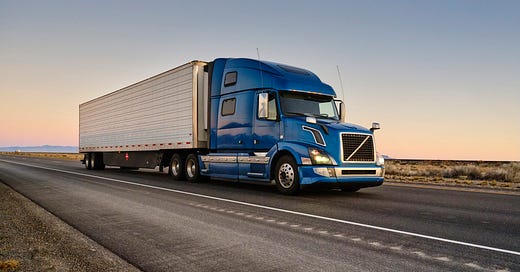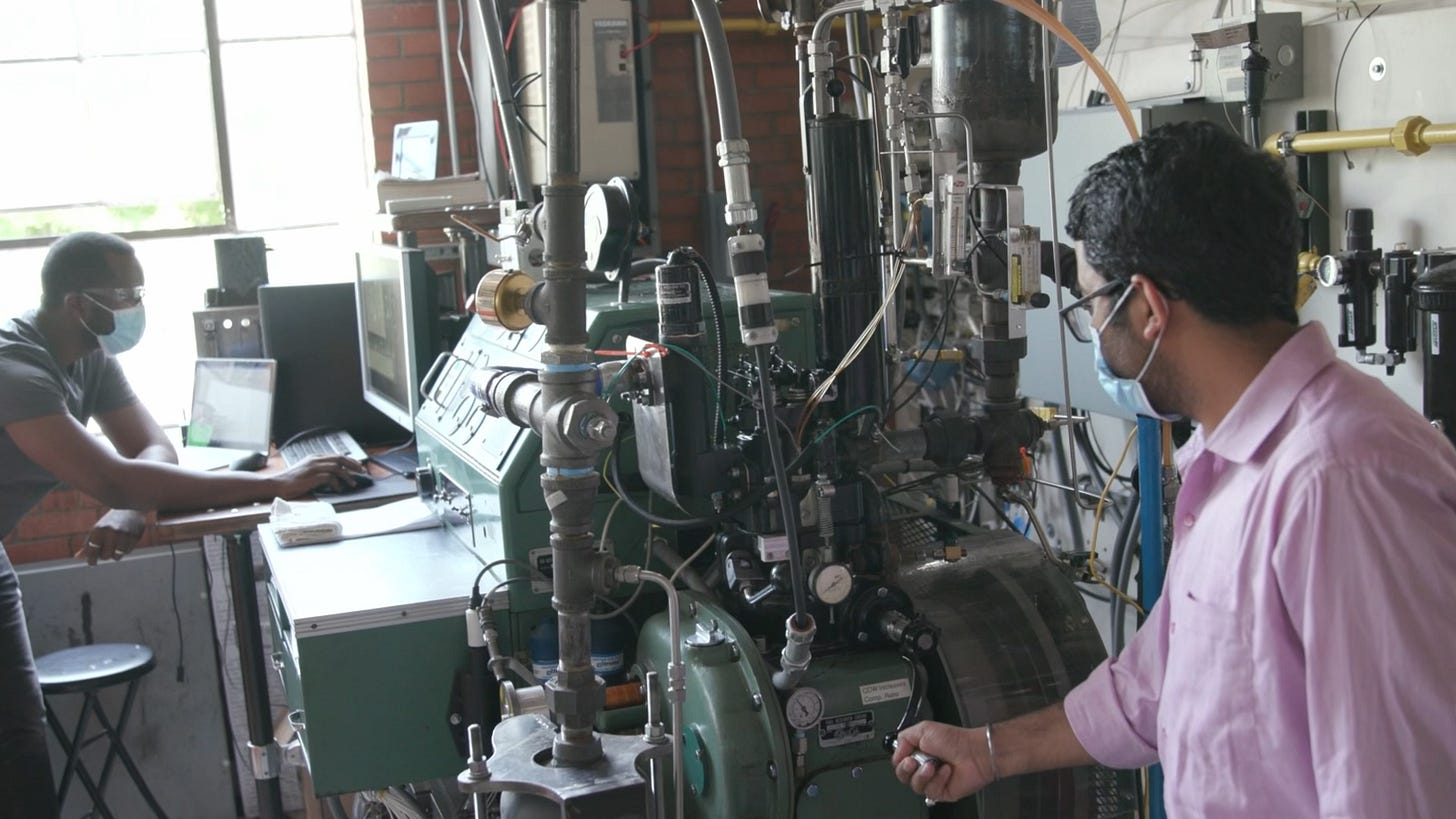In a milestone moment for clean transportation, Dr. Daniel Olsen of Colorado State University joined me on the Path to Zero podcast to share promising results from a multi-year research project aimed at determining whether propane could rival diesel in efficiency—while also offering a cleaner, more cost-effective fuel option for heavy-duty trucks.
With $3.5 million in funding from the U.S. Department of Energy, Dr. Olsen’s team with CSU’s Engines and Energy Conversion Laboratory set out to develop a propane-powered engine that could match the fuel efficiency of diesel, the long-standing standard in commercial trucking. After four years of testing and innovation, they succeeded.
“We met the goal and achieved all of our milestones,” said Olsen. “It was a successful project here at CSU.”
This achievement could reshape how fleets think about power, emissions, and cost. Propane, long considered a cleaner alternative fuel, hasn’t seen widespread use in long-haul or heavy-duty applications due to lower efficiency. That’s no longer the case.
Olsen’s team at CSU used a diesel engine platform and integrated advanced technologies tailored specifically for direct-injection large propane engines.
Key advancements included:
Diesel-level efficiency: Researchers hit 44% brake thermal efficiency using a propane engine modeled on a 15-liter Cummins diesel platform.
Custom piston designs to create the ideal combustion chamber shape.
Use of direct and port fuel injection to improve power and control.
Advanced spark plugs and real-time pressure monitoring for stable combustion.
Significant emissions benefits compared to diesel engines:
No particulate matter from a propane engine,” Olsen said.
“Lower CO₂ emissions due to propane’s carbon-to-hydrogen ratio.”
Cut NOx emissions considerably.
Fleet-friendly advantages:
Lower fuel costs.
Simplified maintenance compared to diesel systems.
Could propane be the new diesel for heavy-duty trucking? If these lab results translate to the road, the answer may be yes. This cleaner-burning, cost-effective alternative now offers the performance trucking fleets require—without the emissions diesel brings.
CSU partnered with Cummins Inc. and Argonne National Laboratory on the research developing advanced combustion strategies for direct-injection large propane engines.
Dr. Olsen’s next goal is to see this technology move from research to real-world deployment.

“I hope to see truck engines in the market that are integrating the technologies that we developed here at CSU to improve the efficiency of propane engines,” said Olsen. “If these technologies are implemented commercially, this project will have an impact on the overall greenhouse gas emissions in the United States.”
And while he’s proud of what’s been achieved with propane, he and his research team are also looking ahead to other emissions challenges—like reducing methane leaks in the natural gas systems.
Audio: Path to Zero Podcast interview with Dr. Daniel Olsen, Colorado State University






